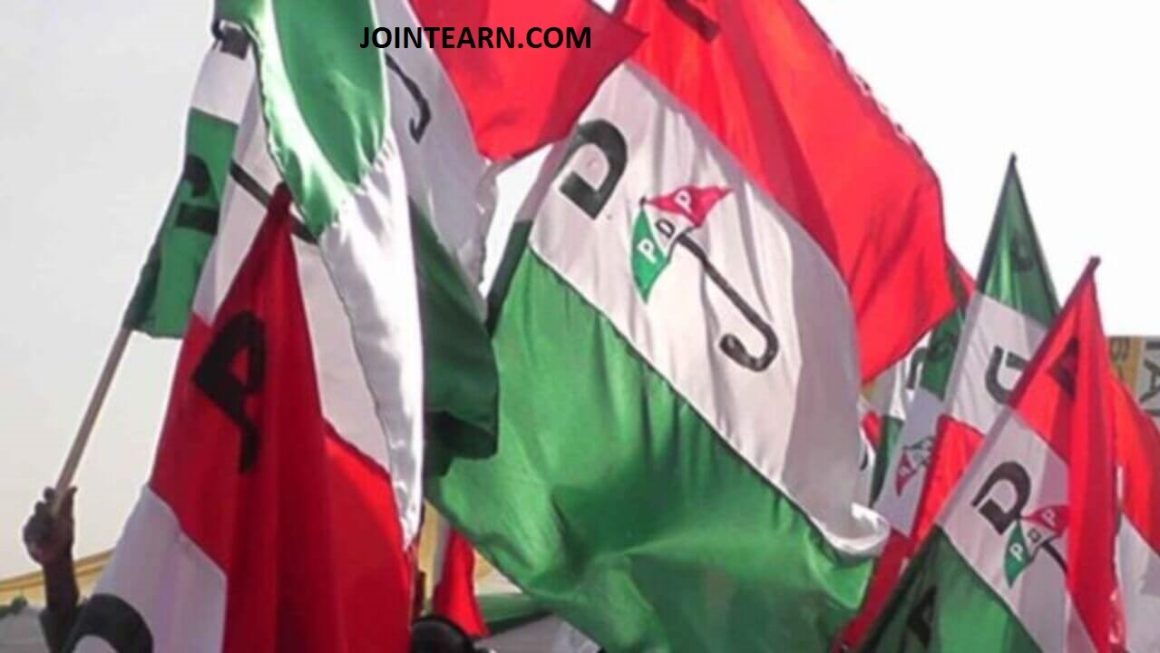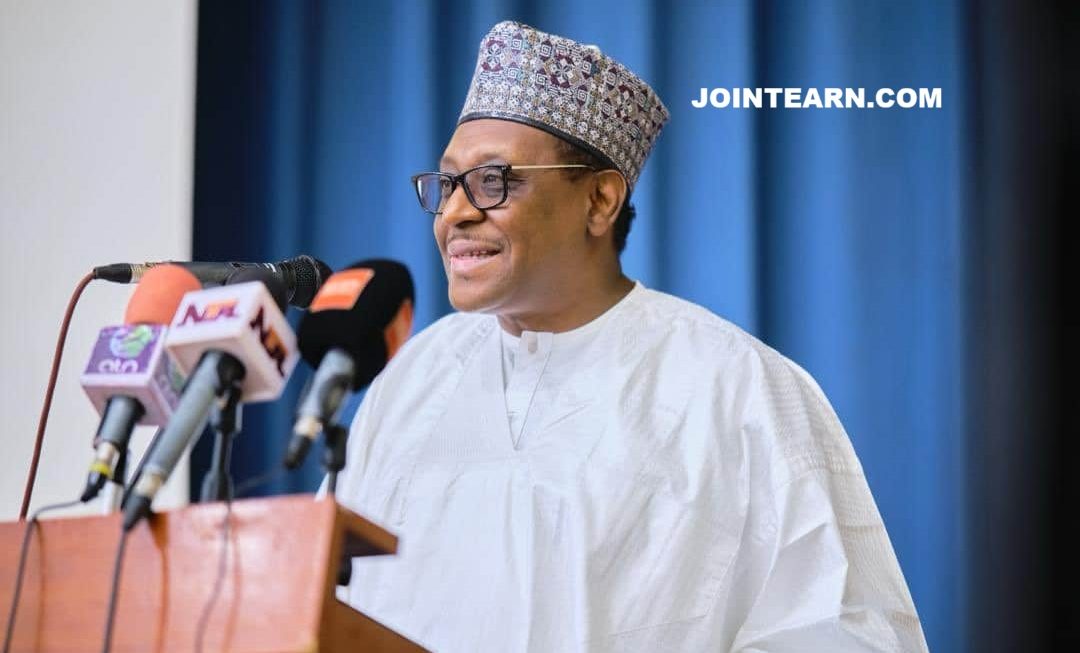In what appears to be a significant political shift, a prominent ally of Peter Obi, the 2023 presidential candidate of the Labour Party (LP), has officially parted ways with the party, signaling internal rifts that may shape its future trajectory.
The unexpected resignation comes amid growing concerns over the Labour Party’s direction, leadership structure, and internal democracy. The departure of the key figure — widely regarded as one of the architects of the party’s rising popularity in recent years — has sent shockwaves through party ranks and raised questions about the unity and preparedness of the LP ahead of the next electoral cycle.
The Resigned Ally and His Role
Though details remain developing, sources close to the situation confirm that the figure in question is a former top campaign strategist and one of Peter Obi’s closest political associates during the 2023 presidential race. He was instrumental in mobilizing support for the LP, particularly among the youth and middle-class voters disillusioned with Nigeria’s traditional parties.
His departure was announced via an official statement released to the press on Monday, where he cited “ideological inconsistencies, lack of transparency in party leadership, and hijacking of party structure by undemocratic forces” as key reasons behind his decision.
“It has become increasingly difficult to align myself with a political platform that no longer reflects the ideals and values we promised the Nigerian people during the 2023 campaign,” the statement read in part.
Signs of Internal Turmoil
Tensions within the Labour Party have been simmering since the 2023 general elections, where the party, under the fresh momentum of the ‘Obidient Movement’, pulled off an impressive showing. However, following the elections, internal conflicts began to surface over control of party organs and access to party finances.
Some insiders allege that the leadership has become dominated by individuals more concerned with personal political gains than the ideals of good governance, youth inclusion, and national transformation that defined Peter Obi’s campaign.
“This resignation is a reflection of deeper problems within the LP,” said a party chieftain who preferred to remain anonymous. “There are grievances about how decisions are made, how funds are used, and how the party is being managed without broader consultation.”
What This Means for Peter Obi
Peter Obi, who emerged as a symbol of change and hope for many Nigerians during the last presidential election, is yet to issue an official statement on the resignation of his close ally. However, political analysts believe that this development poses a serious test for Obi’s leadership influence within the party.
There is growing speculation about Obi’s next move — whether he will remain in the LP and work to reform it from within, or consider aligning with another political formation ahead of 2027. His silence so far has fueled speculation and concern among his supporters, many of whom fear that internal divisions could erode the progress made during the 2023 elections.
“This is a defining moment for Peter Obi. Will he consolidate and unify the party, or will the cracks continue to deepen?” noted political commentator Adebayo Kolade. “The coming weeks will be crucial.”
Reactions from the Political Landscape
The resignation has sparked mixed reactions across Nigeria’s political space. Some members of the All Progressives Congress (APC) and Peoples Democratic Party (PDP) have interpreted the move as evidence of Labour Party’s structural weakness and a sign that its rise may be short-lived.
On social media, reactions have been swift and passionate. Many of Obi’s supporters expressed disappointment but also renewed their calls for a re-evaluation of the party’s internal operations.
“I followed the Labour Party because of the credibility of Peter Obi and his team. But if those close to him are leaving, it means something is seriously wrong,” tweeted one user under the trending hashtag #RescueTheLP.
Others, however, viewed the exit as an opportunity for the party to reflect, reorganize, and recommit to its founding values.
Labour Party Responds
In a brief response issued by the Labour Party’s national secretariat, the leadership acknowledged the resignation but downplayed its significance.
“We respect the decision of our former member and wish him well in his future endeavors,” the statement said. “The Labour Party remains committed to building a truly people-oriented platform for all Nigerians.”
However, observers say this minimalist response does little to address the growing concerns about the party’s direction and leadership structure.
The Road Ahead
The resignation of a key figure in Peter Obi’s inner circle has exposed the Labour Party’s vulnerability and internal discord. With just two years before the 2027 general elections, the LP now faces an uphill task: resolving internal conflicts, restoring public trust, and proving that its performance in 2023 was not a fluke.
Much will depend on how the party’s national leadership and Peter Obi himself respond to this critical moment. As supporters watch closely, the future of Nigeria’s third force in politics may well be determined by the decisions made in the coming months.
Will the Labour Party rise from this internal storm stronger and more united? Or will it falter under the weight of its contradictions? The political tide is shifting — and all eyes are watching.











